|
yuheng[at]stanford.edu I am a CS PhD student at Stanford University, working with Prof. Ehsan Adeli at the STAI Lab . I received my master's (MSR) from the CMU Robotics Institute, where I worked on 3D vision advised by Prof. Laszlo Jeni . I also closely collaborated with Prof. Berkin Bilgic from Harvard Medical School on MRI reconstruction topics and Prof. Cheng Jin from Institute of Medical Robotics, Shanghai Jiao Tong University on medical vision topics. I obtained my Bachelor's degree from Tsinghua University with a major in Department of Automation , and a second major in School of Economics and Management . During my time at Tsinghua, I worked on computer vision and medical image analysis research under the supervision of Prof. Jie Zhou and Prof. Jianjiang Feng in Intelligent Vision Group . After that, I co-founded Tsingh Technology focused on intelligent logistics with three PhDs. I used to have a few good times at Nebula Link Technology and Sangfor Technologies Inc. I also worked with Prof. Kris Kitani from CMU RI, Prof. Kawin Setsompop and Prof. Ruijiang Li from Stanford Medicine. My research interest is computer vision and its applications. I greatly enjoy working with motivated individuals—please don’t hesitate to contact me via email if you’d like to collaborate. CV / Google Scholar / Github / LinkedIn |
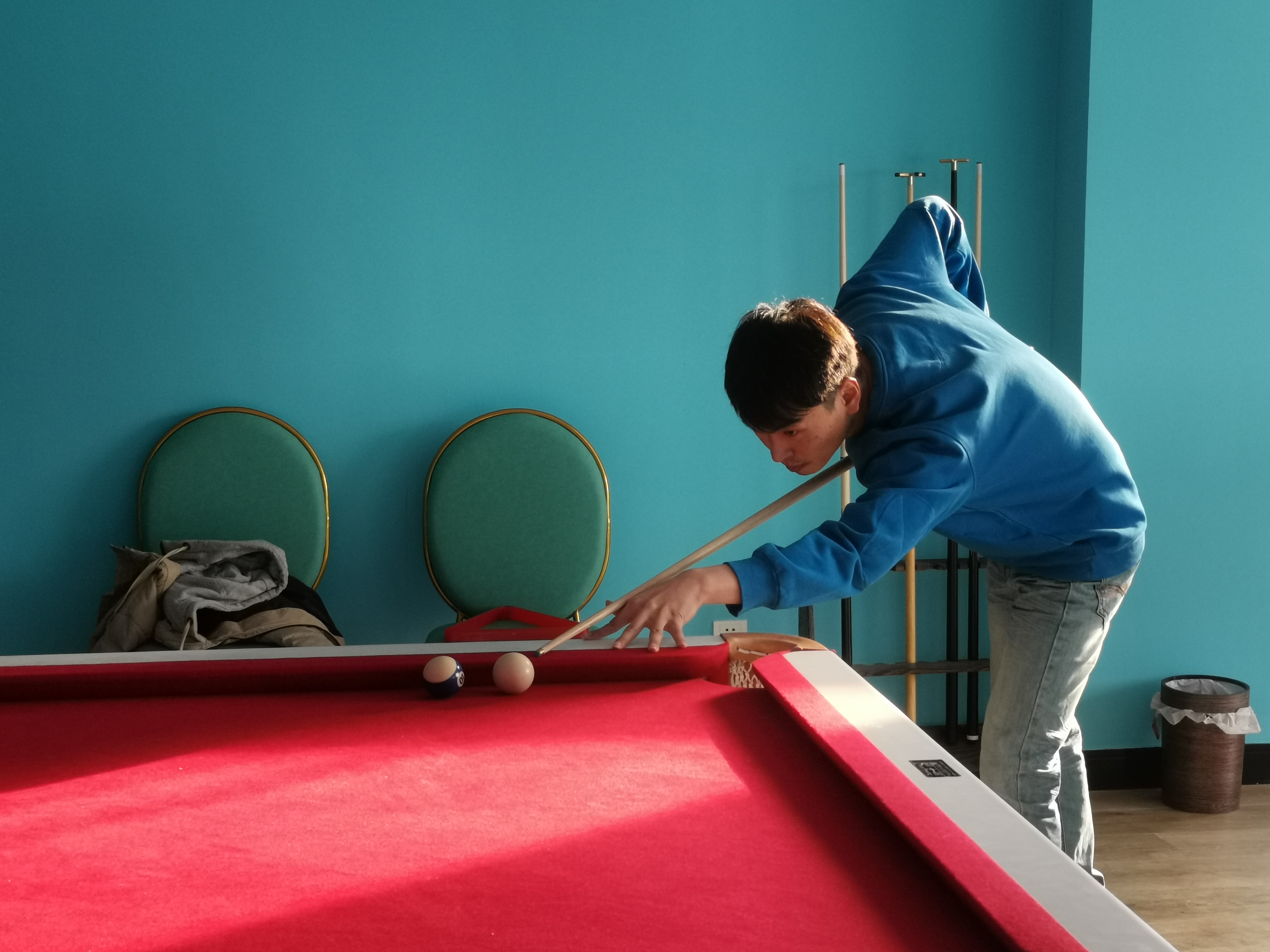
|
|
|
I have rich experiences in computer vision, MRI reconstruction and medical image analysis. I would like to explore the possibility of AI technology and its applications (e.g. 3D Scene Understanding , Healthcare, etc). |
|
Reviewer: CVPR, ICCV, ECCV, NeurIPS, SIGGRAPH, MICCAI, ISBI, Computer Graphics Forum, ISMRM |
|
* refers to co-first author. Please refer to my google scholar for more details. |
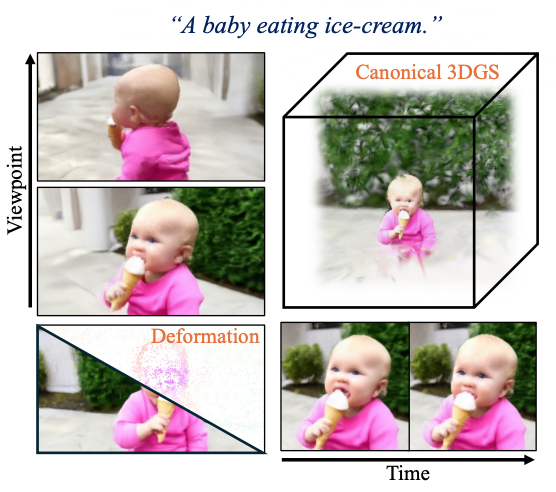
|
Heng Yu*, Chaoyang Wang*, Peiye Zhuang, Willi Menapace, Aliaksandr Siarohin, Junli Cao, László A. Jeni, Sergey Tulyakov, Hsin-Ying Lee, NeurIPS 2024 paper / project page We propose 4Real, the first photorealistic text-to-4D scene generation pipeline. |
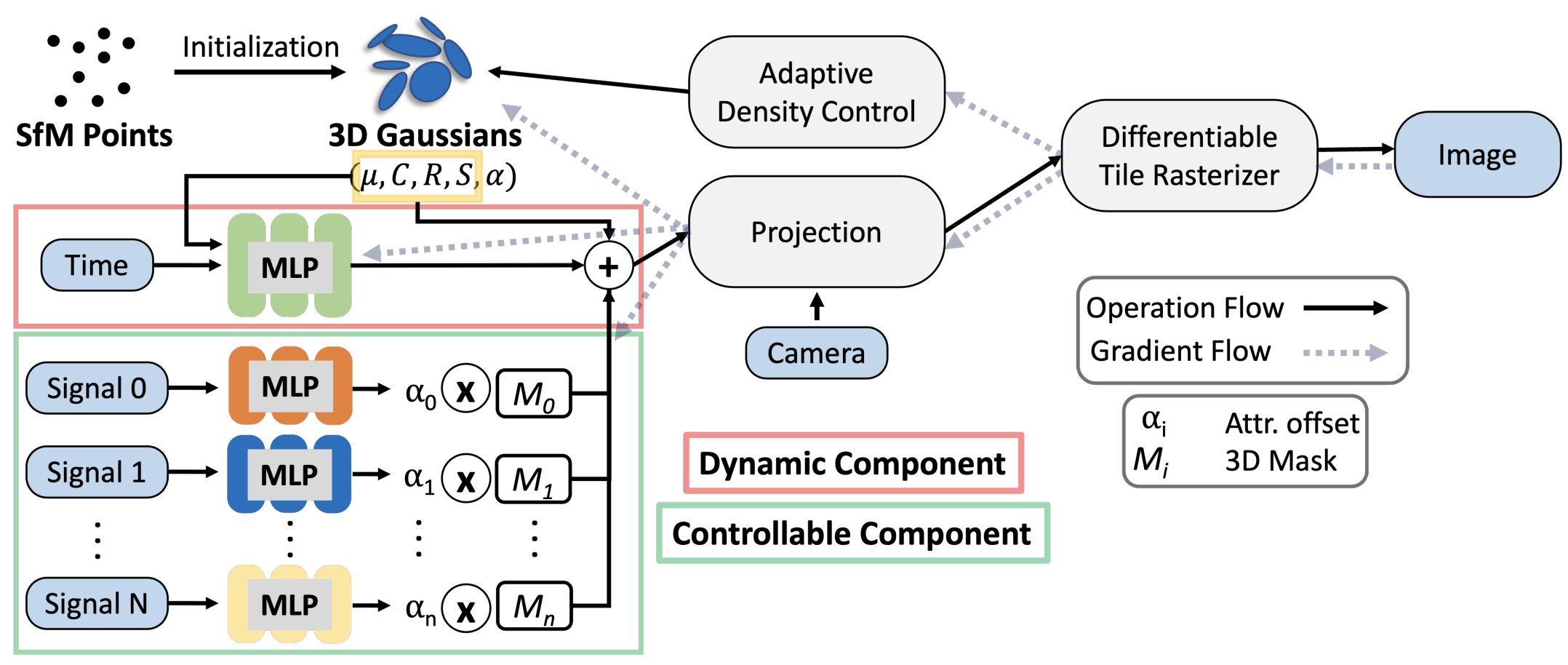
|
Heng Yu, Joel Julin, Zoltan Adam Milacski, Koichiro Niinuma, László A. Jeni, IEEE/CVF Conference on Computer Vision and Pattern Recognition (CVPR), 2024 paper / project page / code We present CoGS, a method for Controllable Gaussian Splatting, that enables the direct manipulation of scene elements, offering real-time control of dynamic scenes without the prerequisite of pre-computing control signals. |
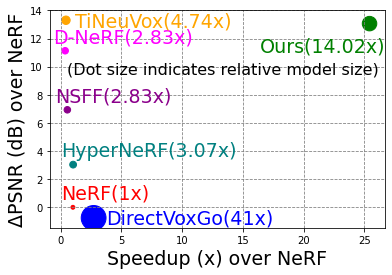
|
Heng Yu, Joel Julin, Zoltan Adam Milacski, Koichiro Niinuma, László A. Jeni, IEEE/CVF Conference on Computer Vision and Pattern Recognition (CVPR), 2023 paper / project page / code / CMU RI News We propose propose the Dynamic Light Field Network (DyLiN) method that can handle non-rigid deformations, including topological changes, which outperformed state-of-the art methods in terms of visual fidelity and compute complexity. |
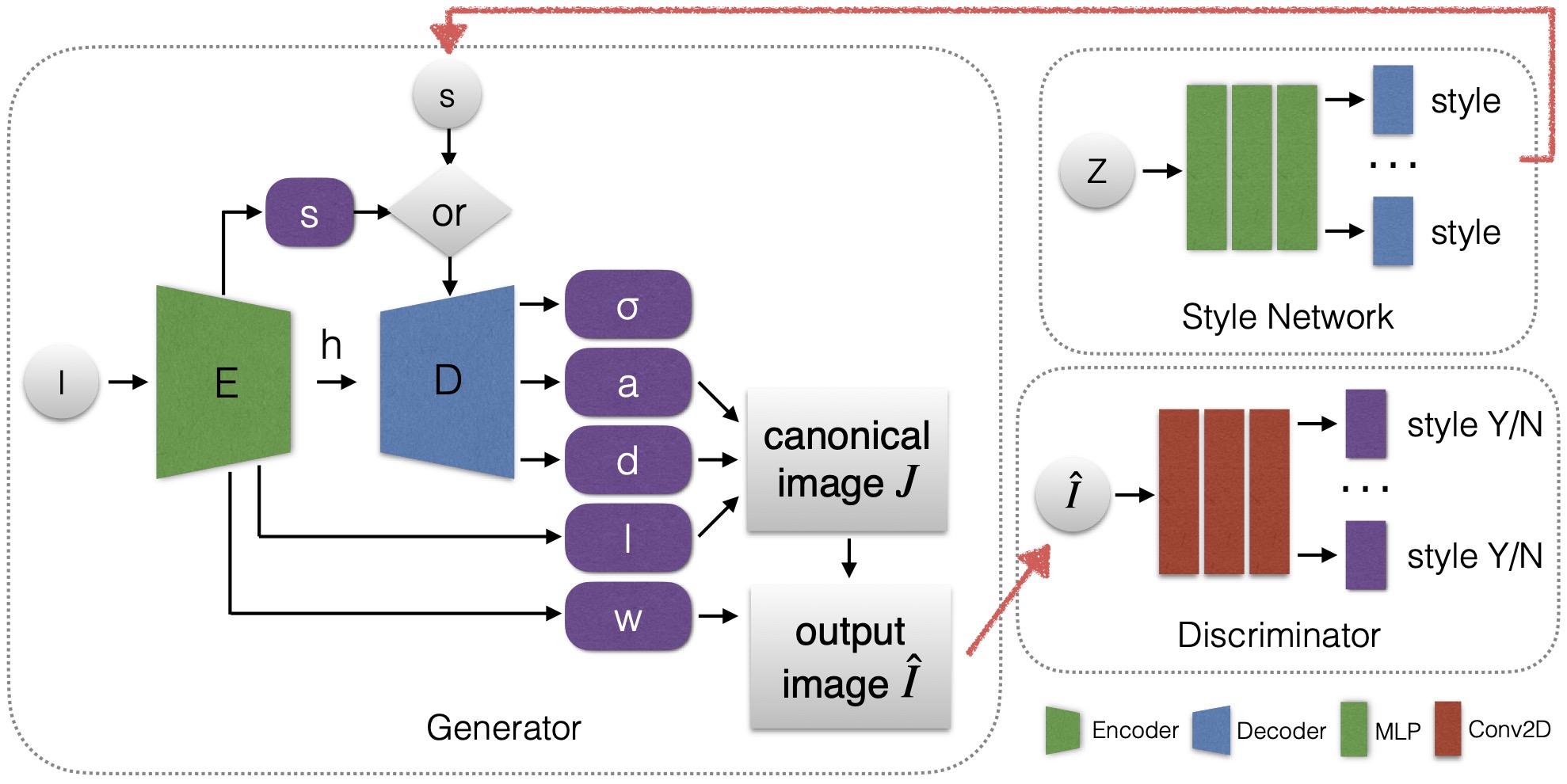
|
Heng Yu, Zoltan Adam Milacski, László A. Jeni, CVPR workshop, 2023 paper We propose a general adversarial learning framework for solving Unsupervised 2D to Explicit 3D Style Transfer. |

|
Heng Yu, Koichiro Niinuma László A. Jeni, International Conference on Automatic Face and Gesture Recognition (FG), 2023 - Best Paper Award Finalist paper / project page / code We propose a fully-automatic controllable neural representation for face self-portraits. |
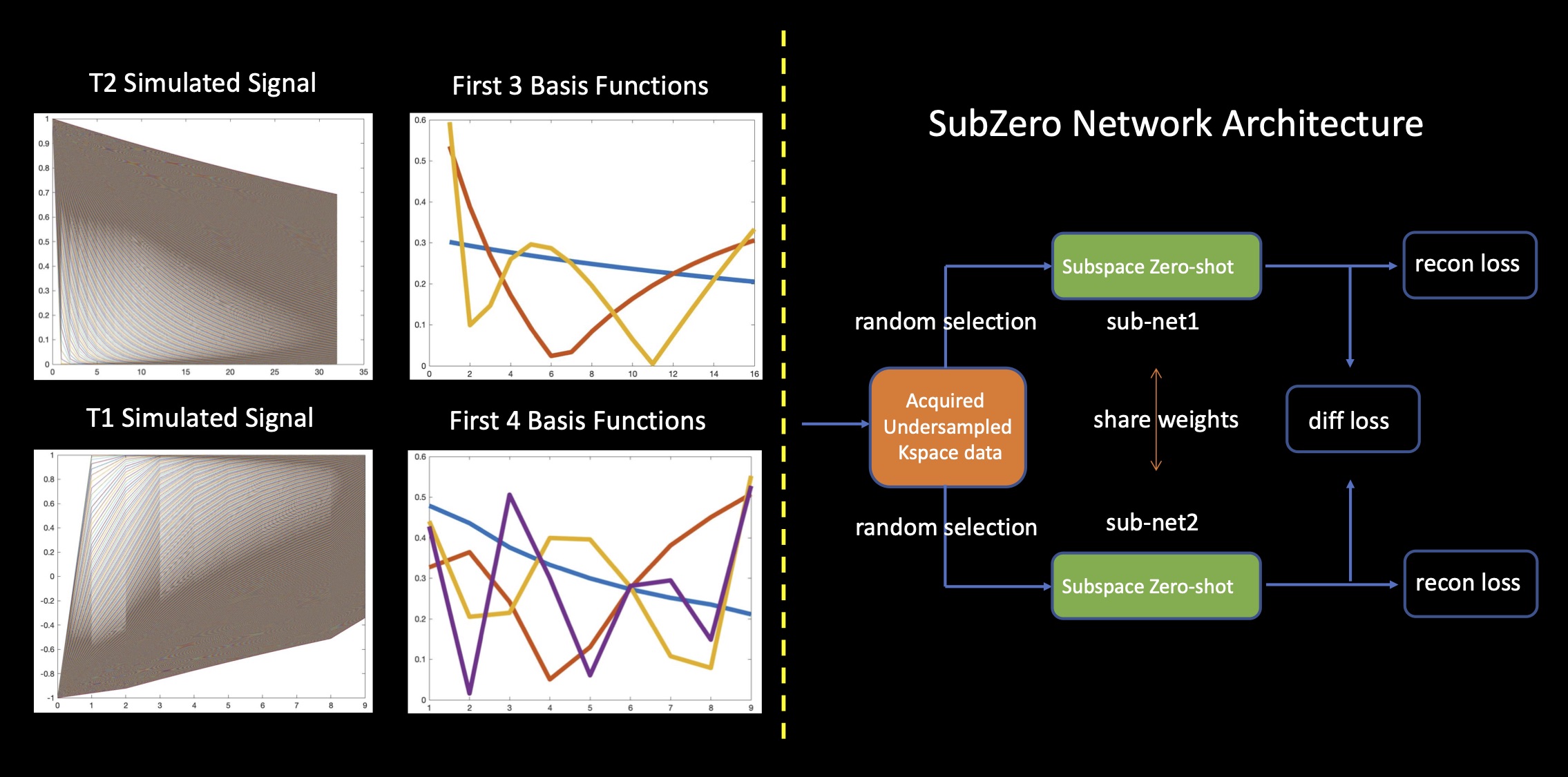
|
Heng Yu, Yamin Arefeen, Berkin Bilgic Proceedings of the 31th Annual Meeting of ISMRM, 2023 - Power Pitch paper / code We propose a parallel network framework and introduce an attention mechanism to improve subspace-based zero-shot self-supervised learning and enable higher acceleration factors. |
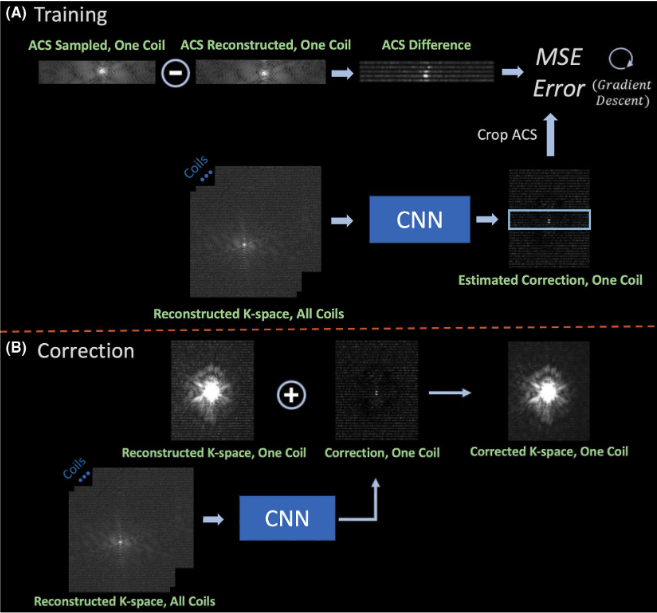
|
Yamin Arefeen, Onur Beker, Jaejin Cho, Heng Yu, Elfar Adalsteinsson, Berkin Bilgic Magnetic Resonance in Medicine (MRM), 2022 paper / code We develop a scan-specific model that estimates and corrects k-space errors made when reconstructing accelerated MRI data. |
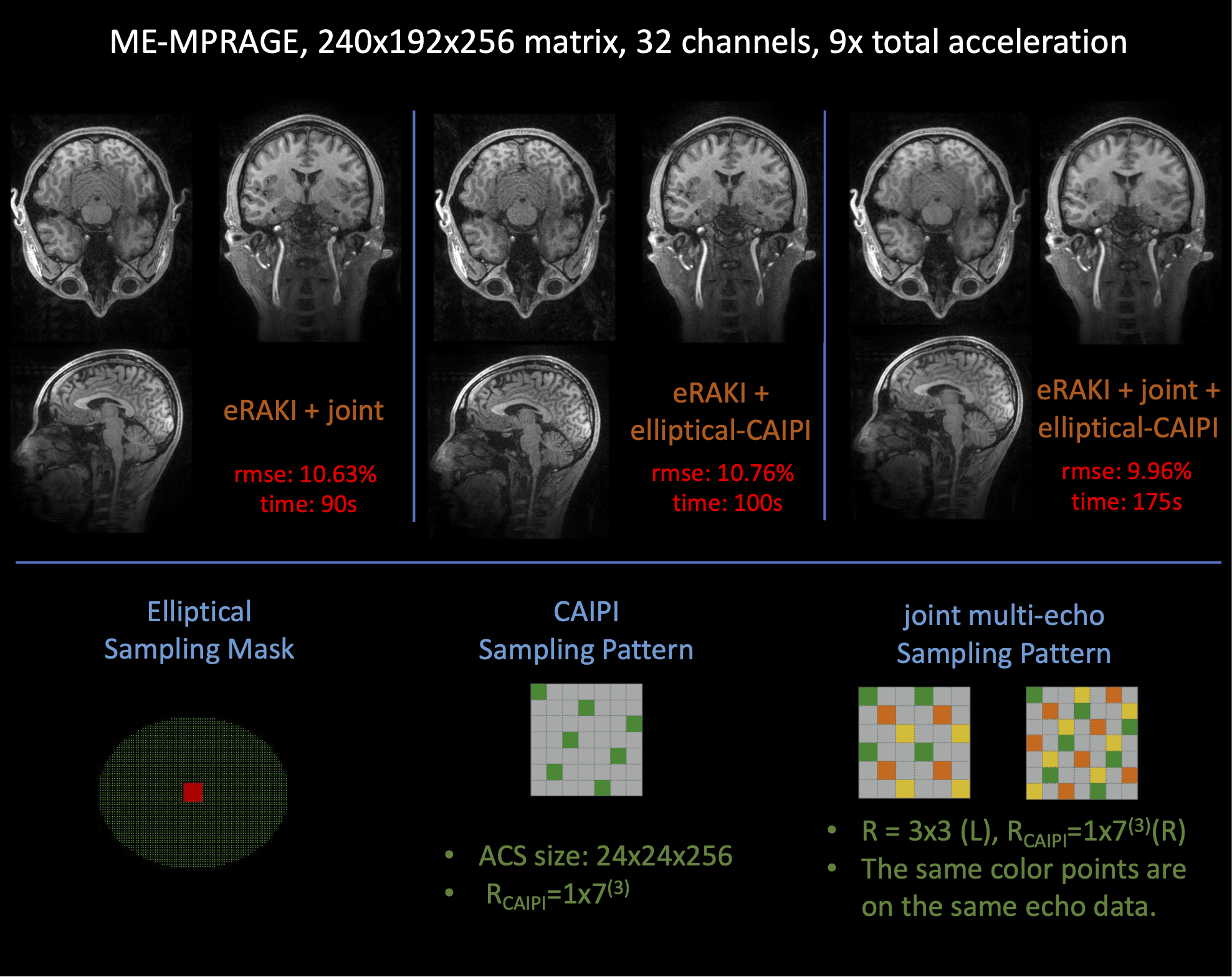
|
Heng Yu, Zijing Dong, Yamin Arefeen, Congyu Liao, Kawin Setsompop, Berkin Bilgic Proceedings of the 29th Annual Meeting of ISMRM, 2021 - Oral Presentation paper / code We accelerate RAKI by more than 200 times by directly learning a coil-combined target. |

|
Cheng Jin*, Heng Yu*, Jia Ke*, Peirong Ding*, Yongju Yi, Xiaofeng Jiang, Xin Duan, Jinghua Tang, Daniel T. Chang, Xiaojian Wu, Feng Gao, Ruijiang Li Nature Communications, 2021 paper / code We present a multi-task deep learning approach that allows simultaneous tumor segmentation and response prediction of pathologic complete response after neoadjuvant chemoradiotherapy. |
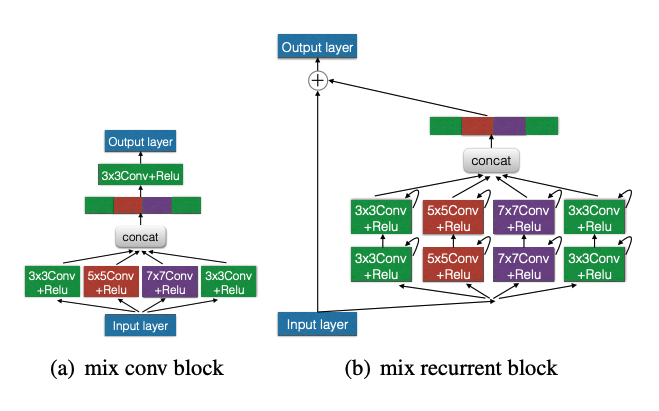
|
Heng Yu, Xue Feng, Ziwen Wang, Hao Sun IEEE 17th International Symposium on Biomedical Imaging (ISBI), 2020 paper / code We use mixed kernels to improve the performance of existing medical image segmentation networks. |
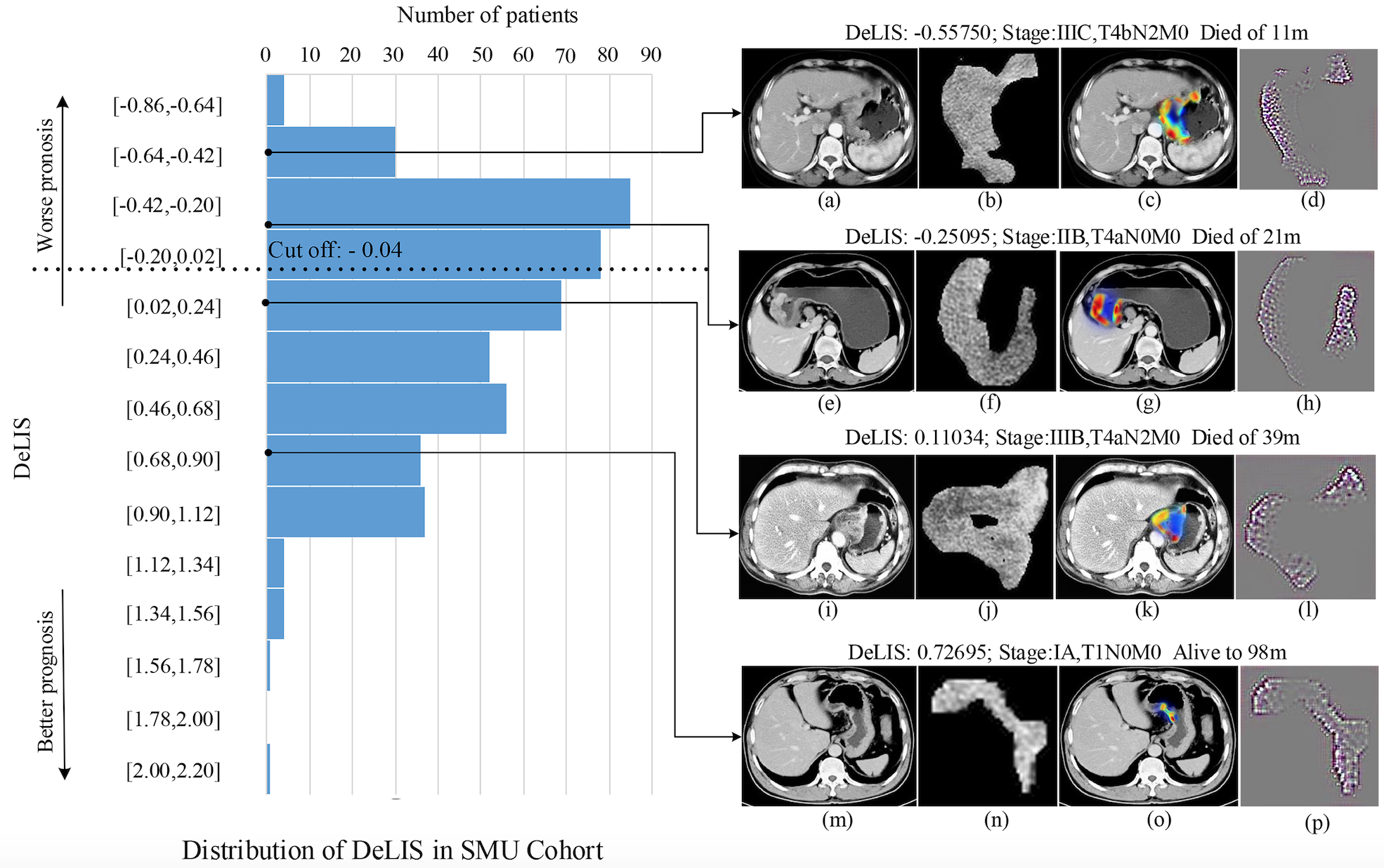
|
Yuming Jiang*, Cheng Jin*, Heng Yu*, Jia Wu*, Chuanli Chen, Qingyu Yuan, Weicai Huang, Yanfeng Hu, Yikai Xu, Zhiwei Zhou, George A. Fisher Jr., Guoxin Li, Ruijiang Li Annals of surgery, 2020 paper / code We propose a novel deep neural network (S-net) to construct a CT signature for predicting disease-free survival (DFS) and overall survival. |
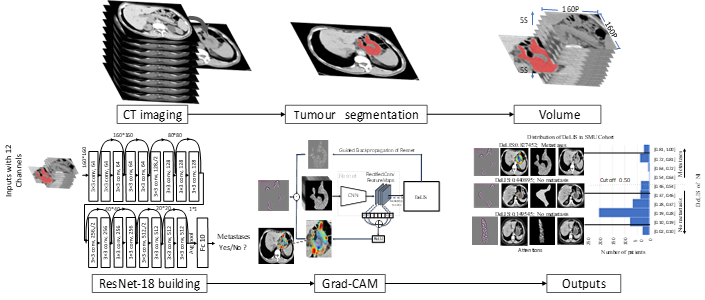
|
C Jin*, Y Jiang*, H Yu*, W Wang, B Li, C Chen, Q Yuan, Y Hu, Y Xu, Z Zhou, G Li, R Li British Journal of Surgery, 2020 paper / code We develop a deep learning system for predicting lymph node metastasis in multiple nodal stations based on preoperative CT images in patients with gastric cancer. |
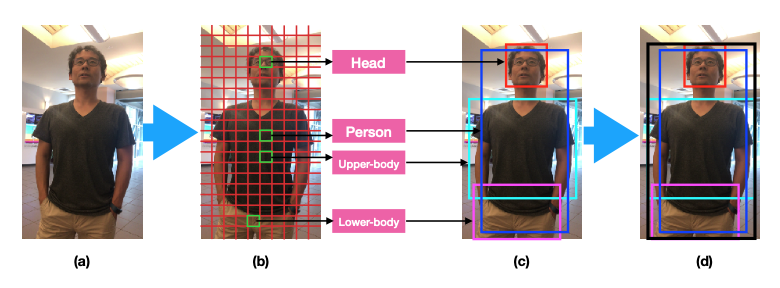
|
Heng Yu, Eshed Ohn-Bar, Donghyun Yoo, Kris Kitani IEEE/CVF Winter Conference on Applications of Computer Vision (WACV), 2018 paper We develop an image-based person detection algorithm for wearable computing using commodity smartphones. |
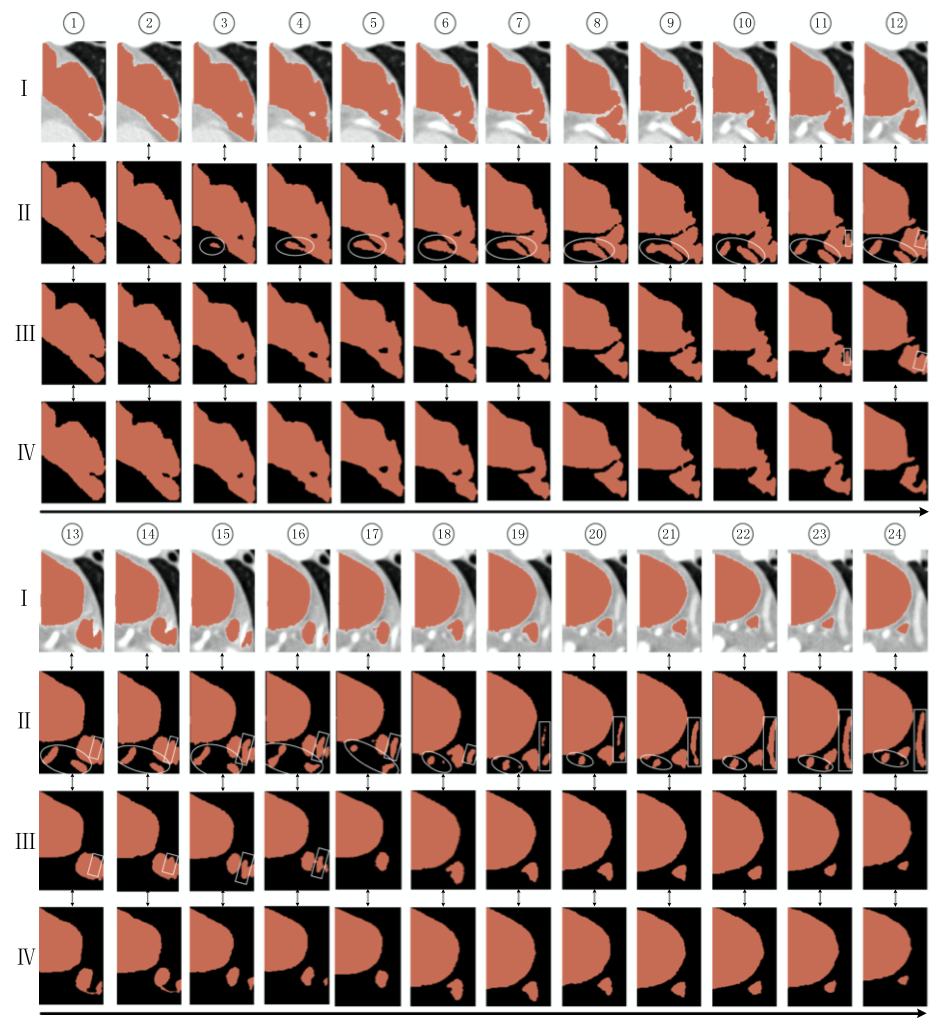
|
Cheng Jin, Jianjiang Feng , Lei Wang, Heng Yu, Jiang Liu, Jiwen Lu, Jie Zhou IEEE Journal of Biomedical and Health Informatics (JBHI), 2018 paper We propose a robust method for automatic left atrial appendage segmentation on computed tomographic angiography data using fully convolutional neural networks with 3D conditional random fields. |
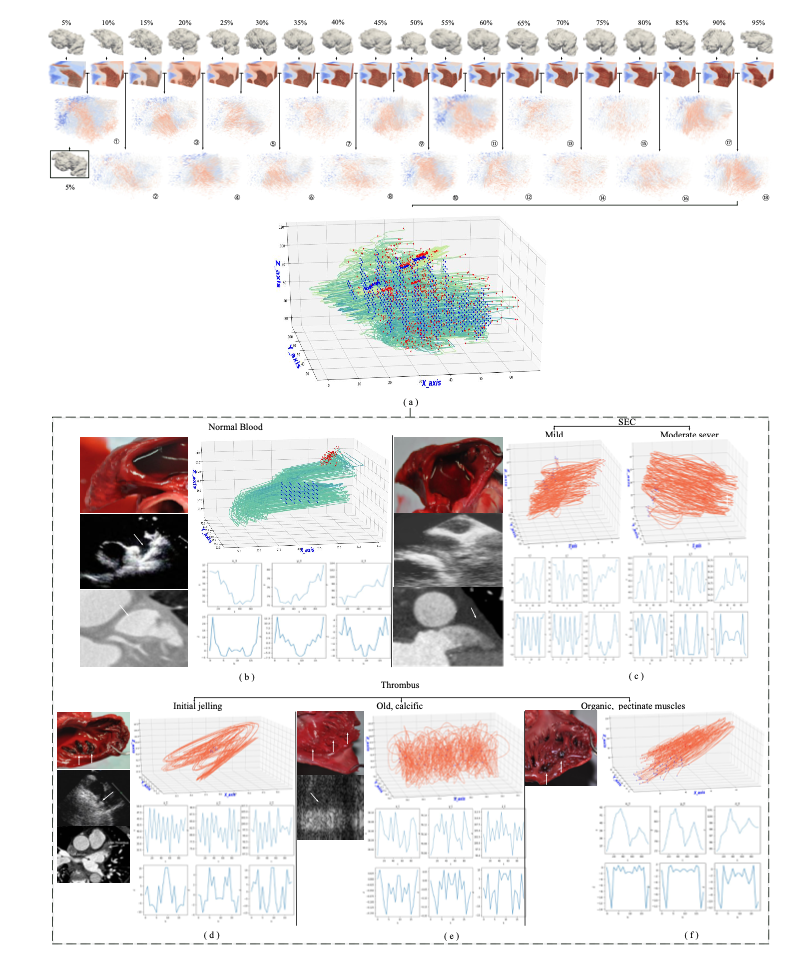
|
Cheng Jin, Heng Yu, Jianjiang Feng , Lei Wang, Jiwen Lu, Jie Zhou MICCAI workshop, 2017 - Oral Presentation paper we present a new approach for the detection of substances in the left atrial appendage by spatiotemporal motion analysis and make a detailed judgment and analysis of spatial distribution and classification of most objects in the left atrial appendage. |
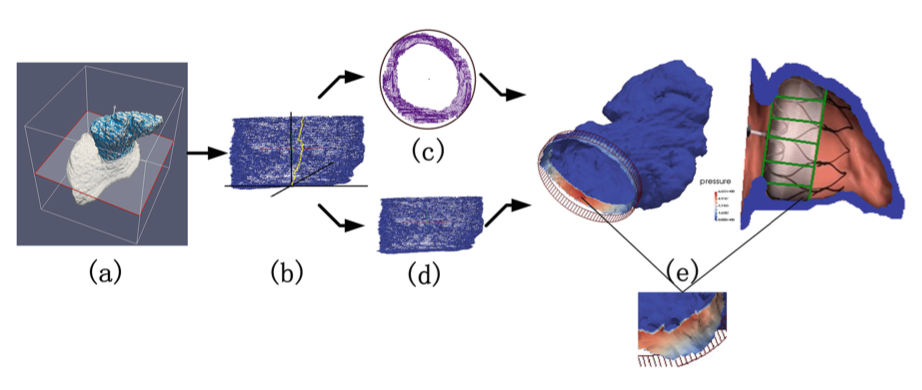
|
Cheng Jin, Heng Yu, Jianjiang Feng , Lei Wang, Jiwen Lu, Jie Zhou MICCAI workshop, 2017 paper We propose a robust method for automatic left atrial appendage segmentation on computed tomographic angiography data using fully convolutional neural networks with 3D conditional random fields. |

|
|
Website template from Jon Barron. |